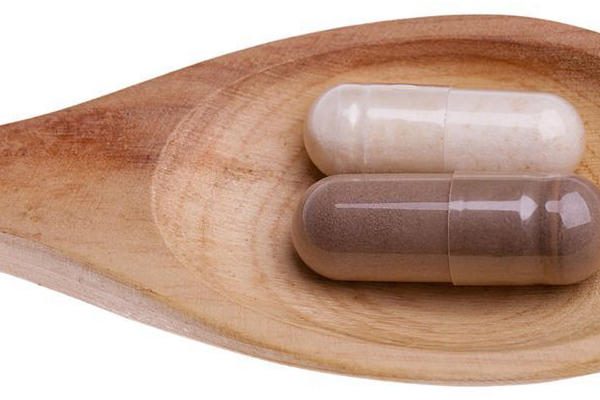Folate is a general term for a group of water soluble b-vitamins, and is also known as B9. Folic acid refers to the oxidized synthetic compound used in dietary supplements and food fortification, whereas folate refers to the various tetrahydrofolate derivatives naturally found in food.
The form of folate that can enter the main folate metabolic cycle is tetrahydrofolate (THF). Unlike natural folates, which are metabolized to THF in the mucosa of the small intestine, folic acid undergoes initial reduction and methylation in the liver, where conversion to the THF form requires dihydrofolate reductase. The low activity of this enzyme in the human liver, combined with a high intake of folic acid, may result in unnatural levels of unmetabolized folic acid entering the systemic circulation.
Several studies have reported the presence of unmetabolized folic acid in the blood following the consumption of folic acid supplements or fortified foods. Human exposure to folic acid was non-existent until its chemical synthesis in 1943, and was introduced as a mandatory food fortification in 1998. Food fortification was deemed mandatory due to overwhelming evidence for the protective effect of folic acid supplementation before conception and during early pregnancy on the development of neural tube defects (NTD) in newborns.
While the incidence of neural tube defects (NTDs) in the United States been significantly reduced since folic acid fortification began, there has been concern about the safety of chronic intake of high levels of folic acid from fortified foods, beverages and dietary supplements. One of the major risks associated with excessive intake of folic acid is the development of cancer. In patients with ischemic heart disease in Norway, where there is no folic acid fortification of foods, treatment with folic acid plus vitamin B12 was associated with increased cancer outcomes and all-cause mortality. In the United States, Canada, and Chile, the institution of a folic acid supplementation program was associated with an increased prevalence of colon cancer. A randomized control trial found that that daily supplementation with 1 mg of folic acid was associated with an increased risk of prostate cancer.
Researchers have hypothesized that the excessive consumption of folic acid in fortified foods may be directly related to the increase in cancer rates. Excess folic acid may stimulate the growth of established neoplasms, which can eventually lead to cancer. The presence of metabolized folic acid in the blood is associated with decreased natural killer cytotoxicity. Since natural killer cells play a role in tumour cell destruction, this would suggest another way in which excess folic acid might promote existing premalignant and malignant lesions.
A high intake of folic acid might mask detection of vitamin B12 deficiency and lead to a deterioration of central nervous system function in the elderly. In one study, consumption of folic acid in excess of 400 micrograms per day among older adults resulted in significantly faster rate of cognitive decline than supplement non-users. Another study found a higher prevalence of both anaemia and cognitive impairment in association with high folic acid intake in older adults with a low vitamin B12 status. As vitamin B12 deficiency is a common problem for many older adults, these studies suggest that high folic acid intake could cause serious cognitive consequences in the elderly.
Despite the risks associated with high levels of folic acid intake, it is well established that adequate folate intake from the consumption of folate-rich foods is essential for health. Folate aids the complete development of red blood cells, reduces levels of homocysteine in the blood, and supports nervous system function. It is well known for its role in preventing neural tube defects in new-borns, so women of childbearing age must be sure to have an adequate intake prior to and during pregnancy.
Excellent sources of dietary folate include vegetables such as romaine lettuce, spinach, asparagus, turnip greens, mustard greens, parsley, collard greens, broccoli, cauliflower, beets, and lentils. Not surprisingly, some of the best food sources of folate are calf’s liver and chicken liver.
You can supplement with folate if your dietary intake is inadequate. Look for products that contain the Metfolin brand, or list “5-methyltetrahydrofolate” or “5-MTHF” on the label. Avoid products that say “folic acid” on the label. Make sure to check your multivitamin, because most multis contain folic acid and not folate.
Women planning on becoming pregnant should consume between 800 and 1200 mcg of folate per day for several months before the start of pregnancy. Unless you’re consuming chicken or calf’s liver and substantial amounts of leafy greens on a regular basis, it’s difficult to obtain this amount from diet alone. If you’re pregnant or trying to get pregnant, I recommend supplementing with 600-800 mcg of folate per day, depending on your dietary intake. Solgar (available at Health Renewal) is a good brand that typically use 5-MTHF.
All other people, such as men and older women, should be able to get plenty of folate in a diet with adequate vegetable consumption, and do not need to supplement.
